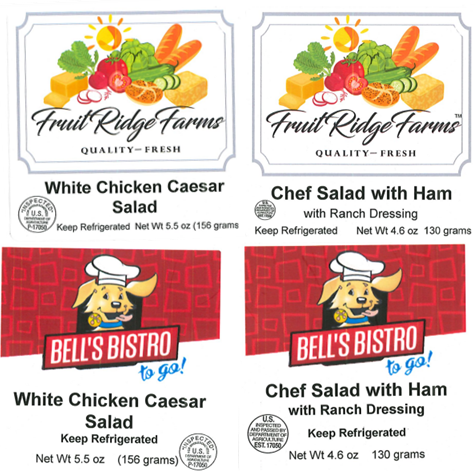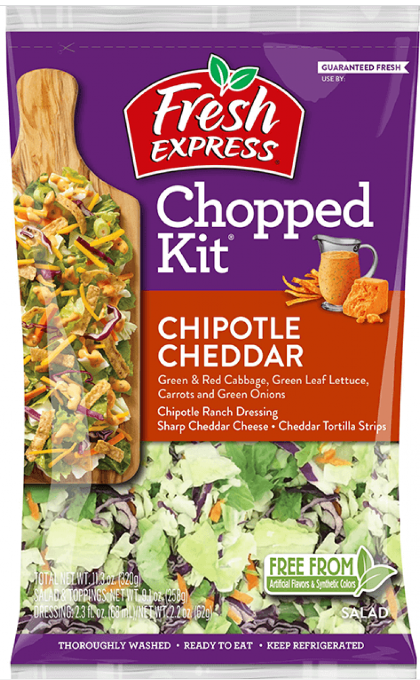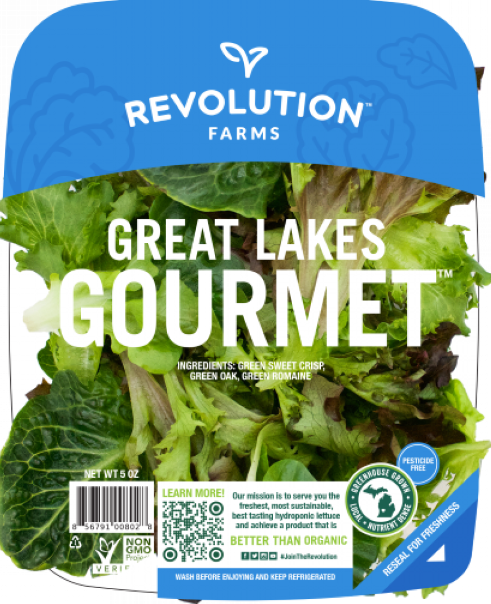A publication in Microbial Risk Analysis entitled “Classification and ranking of Shiga toxin-producing Escherichia coli (STEC) genotypes detected in food based on potential public health impact using clinical data( (Lindqvist et al. Vol 23, April 2023) describes a new approach for ranking and classifying STEC strains genotypes based on their probabilities to cause severe illness. Data on the probability of causing severe illness was the proportion of reported STEC cases with different clinical outcomes such as hemolytic uraemic syndrome (HUS), hospitalization, and bloody diarrhea (BD). The research created a list of STEC genotypes in descending order of potential public health burden per case. The researchers combined the estimated probability of the strain causing severe illness with the public health burden associated with sickness in terms of disability-adjusted life years. This is illustrated by arbitrarily separating the ranked list of genotypes into classes based on the potential public health burden and characterizing collections of strains isolated from different foods into different classes. The new approach addresses the limitation of not considering the severity of illnesses, improving transparency of risk management decisions, and is risk-based regarding the probability and consequences of severe illness. It is not risk-based in terms of the risk associated with the presence of a STEC genotype in the food since this would involve genotype specific risk assessments considering exposure which would involve more work and data that are not always available. @ https://www.sciencedirect.com/science/article/pii/S2352352223000014




